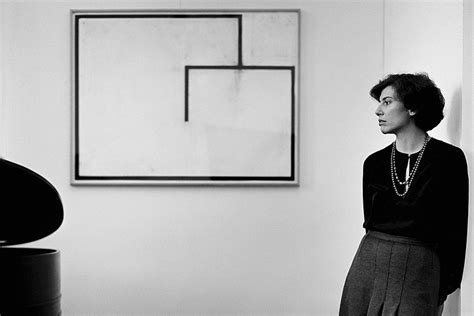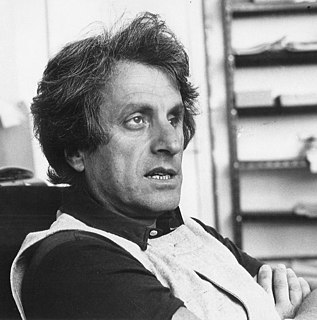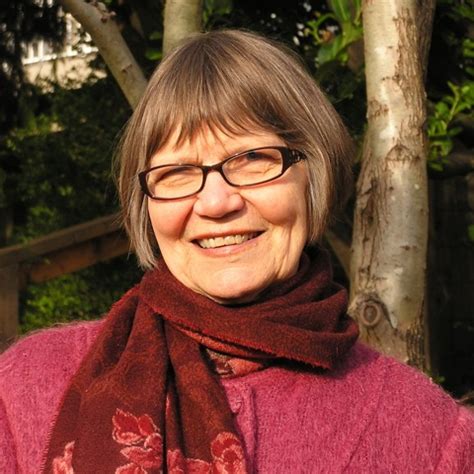A Quote by Rosalind E. Krauss
No longer do we accept the 'sublimation model' according to which 'the function of art is to sublimate or transform experience, raising it from ordinary to extraordinary, from commonplace to unique, from low to high'.
Related Quotes
The distance runner is mysteriously reconciling the separations of body and mind, of pain and pleasure, of the conscious and the unconscious. He is repairing the rent, and healing the wound in his divided self. He has found a way to make the ordinary extraordinary; the commonplace unique; the everyday eternal.
Art, and, above all, music, has a fundamental function, which is to catalyze the sublimation that it can bring about through all means of expression. It must aim through fixations which are landmarks, to draw [one] towards a total exaltation in which the individual mingles, losing his consciousness in a truth immediate, rare, enormous, and perfect. If a work of art succeeds in this undertaking even for a single moment, it attains its goal.
Intellectual culture seems to separate high art from low art. Low art is horror or pornography or anything that has a physical component to it and engages the reader on a visceral level and evokes a strong sympathetic reaction. High art is people driving in Volvos and talking a lot. I just don't want to keep those things separate. I think you can use visceral physical experiences to illustrate larger ideas, whether they're emotional or spiritual. I'm trying to not exclude high and low art or separate them.
We can begin a discussion of artmaking by noting that from very early (as long ago as 200,000 years), humans have been naturally attracted to the extraordinary as a dimension of experience and that at some point they seem also to have been moved to make the ordinary extraordinary-that is, to shape or elaborate everyday, mundane reality and thereby transform it into something special, different from the everyday.
I never understood the low art/high art distinction. I think there's real currency in pop culture. We read trashy magazines as much as the next person. So I never saw the point in listening to only one thing. That low art/high art distinction comes from the establishment telling me how I'm supposed to think.
Art breaks open a dimension inaccessible to other experience, a dimension in which human beings, nature, and things no longer stand under the law of the established reality principle...The encounter with the truth of art happens in the estranging language and images which make perceptible, visible, and audible that which is no longer, or not yet, perceived, said, and heard in everyday life.
We tried to present the ordinary in an extraordinary manner. But that's the paradox because the only thing extraordinary about it was that it was so ordinary. Nobody had ever done it before, deliberately. Now it's called documentary, which I suppose is all right ... We just took pictures that cried out to be taken.




































